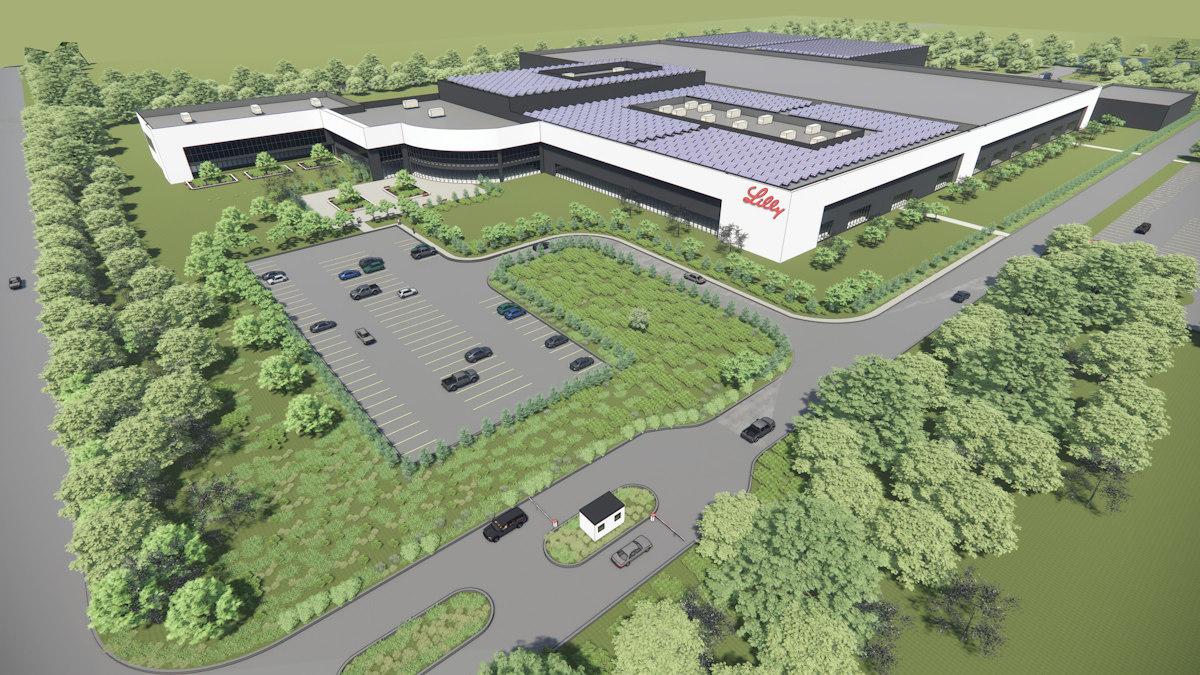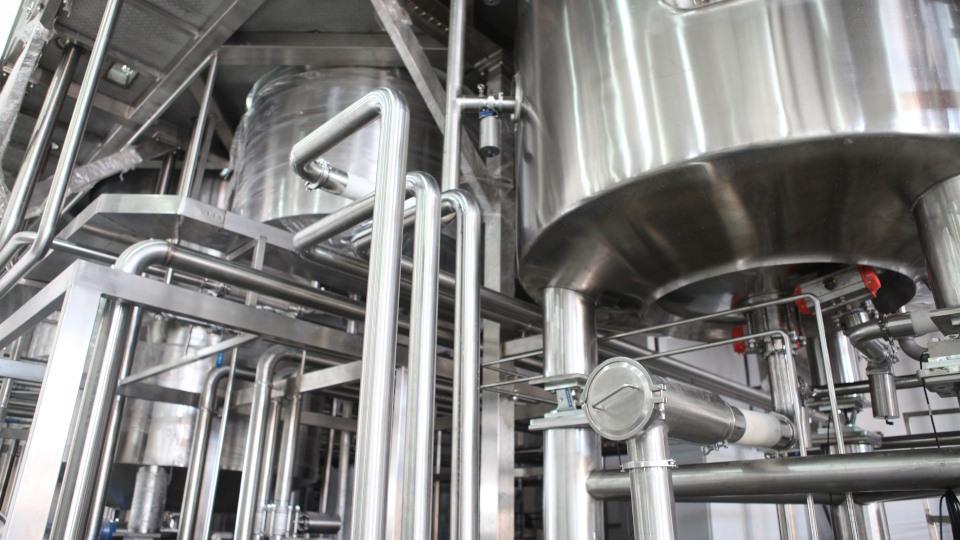Lilly invests another $3bn in its manufacturing network

Lilly Kenosha County - Expansion Rendering
Eli Lilly will spend $3 billion expanding a recently acquired manufacturing facility in Wisconsin to provide capacity for injectable products, including its fast-growing obesity and diabetes drugs.
Lilly bought the plant in Pleasant Prairie, Kenosha County earlier this year from Nexus Pharma as part of a massive manufacturing investment drive that aims to shore up supplies of drugs like diabetes therapy Mounjaro and Zepbound for obesity, both based on GIP/GLP-1 dual agonist tirzepatide.
The purchase price of the facility was not disclosed, but Lilly says its new $3 billion investment – part of $23 billion earmarked for its worldwide manufacturing programme – will allow construction to start next year and add 750 workers to the current tally of 100 at the plant.
The expanded facility will focus on manufacturing "injectable medicines, device assembly, and packaging for medicines across multiple therapeutic areas," according to a company statement.
Sales of both Mounjaro and Zepbound have been held back by capacity constraints, but that has not stopped them from growing at a phenomenal lick, with Mounjaro sales more than doubling to $8 billion in the first nine months of this year, while Zepbound – launched just over a year ago – added another $3 billion. The FDA officially declared shortages of the two drugs over in October.
Lilly has been frantically ramping up its production capacity in anticipation of them scaling even greater heights. GlobalData recently predicted that Zepbound sales will top $25 billion by 2030, ahead of its main rival Wegovy (semaglutide) from Novo Nordisk with $19.4 billion. Meanwhile, it said it expects Mounjaro and Novo Nordisk's rival Ozempic (also semaglutide) will bring in $32.4 billion and 23.4 billion in that year, respectively.
Other manufacturing investments underway at Lilly include a $9 billion programme at its campus in Indiana and a $1 billion spend at a site in Ireland that is intended to support its new Alzheimer's disease drug Kisunla (donanemab).
The Wisconsin announcement comes as Novo Nordisk has also been spending billions of dollars to ensure its manufacturing capacity can cater for burgeoning demand for its diabetes and obesity drugs, including a spend of $6 billion at its existing sites and an $11 billion deal to buy three facilities from Catalent that is under antitrust review.
Lilly said the upgraded Wisconsin plant will use advanced automation, including guided vehicles, robotics, and production equipment, to accelerate medicine production, along with widespread use of digital technologies.
It represents its "single largest US manufacturing investment" outside its "home state of Indiana" and will add to the company's "ability to expand capacity to make both [its] existing and future pipeline of medicines right [...] in the Midwest," said Edgardo Hernandez, executive vice president and president of Lilly Manufacturing Operations.












